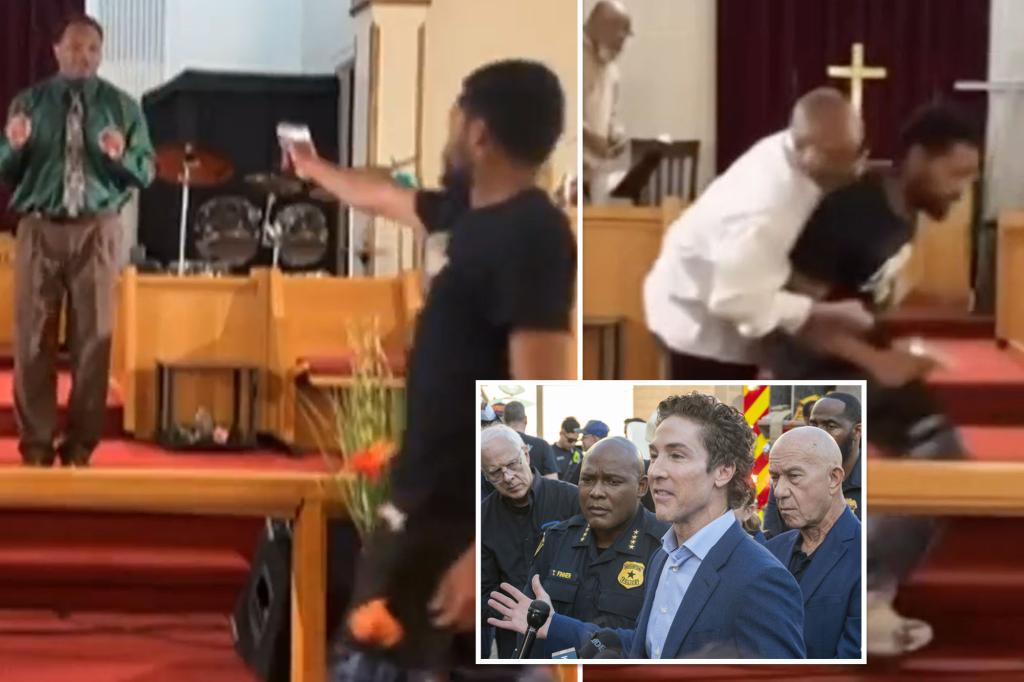Security experts are advising U.S. churches to increase their safety measures following two attempted shootings at houses of worship in different states. Interest in enhancing security among congregations is growing, with recent incidents involving heroic individuals tackling armed attackers during church services. Recommendations from the Department of Homeland Security and FEMA include creating emergency plans, coordinating with law enforcement, and undergoing active shooter response training. These agencies also offer grants for nonprofit security to help cover the costs of implementing physical safety measures.
Local governments across the country provide safety training programs for houses of worship, and FEMA offers a security self-assessment checklist on its website. Churches are increasingly turning to security guards, both armed and unarmed, whether volunteers or licensed professionals. David Katz, CEO of Global Security Group, notes that interest in improving safety measures is rising across the board, with churches exploring their security options and considering armed volunteer security teams. Katz began training volunteers at his Texas synagogue and is now working with churches as well, offering security training so worshippers can protect themselves.
Pat Brosnan, founder of Brosnan Risk Consultants, emphasizes that varying laws in communities around the country influence the security measures churches can implement. The security industry faces regulations, training requirements, high insurance costs, and other barriers that can complicate the formation of all-volunteer security teams. Brosnan highlights the importance of the visual presence of a guard at the front door as a deterrent to potential attackers. He acknowledges the bravery of individuals who have taken action to save lives during recent incidents, cautioning that training is essential before engaging in such risky situations.
Armed volunteer security is not a new concept, particularly in Jewish synagogues, but the demand is increasing as concerns about violence grow. Some states, like Texas, allow churches to form their own security teams, but strict regulations and barriers can complicate the process. Brosnan notes that having guards posted during service hours and special events can be a cost-effective security measure for churches. He emphasizes the importance of deterrence through security presence, as most attackers are ultimately cowards who do not want to face resistance. Brosnan also commends the bravery of individuals like Clarence McCallister and the parents who have taken courageous actions to save lives during church-related incidents.
Security experts recommend churches implement safety measures such as creating emergency plans, undergoing active shooter response training, and coordinating with local law enforcement. FEMA offers resources such as self-assessment checklists and grants for nonprofit security to help cover the costs of implementing these measures. Local governments provide safety training programs for houses of worship and varying laws across communities influence the security options available to congregations. The visual presence of security guards is seen as a deterrent to potential attackers, and armed volunteer security teams are increasingly being considered by churches. Ultimately, the bravery of individuals who take action to save lives during emergencies is commended, but experts stress the importance of caution and training when responding to dangerous situations.


